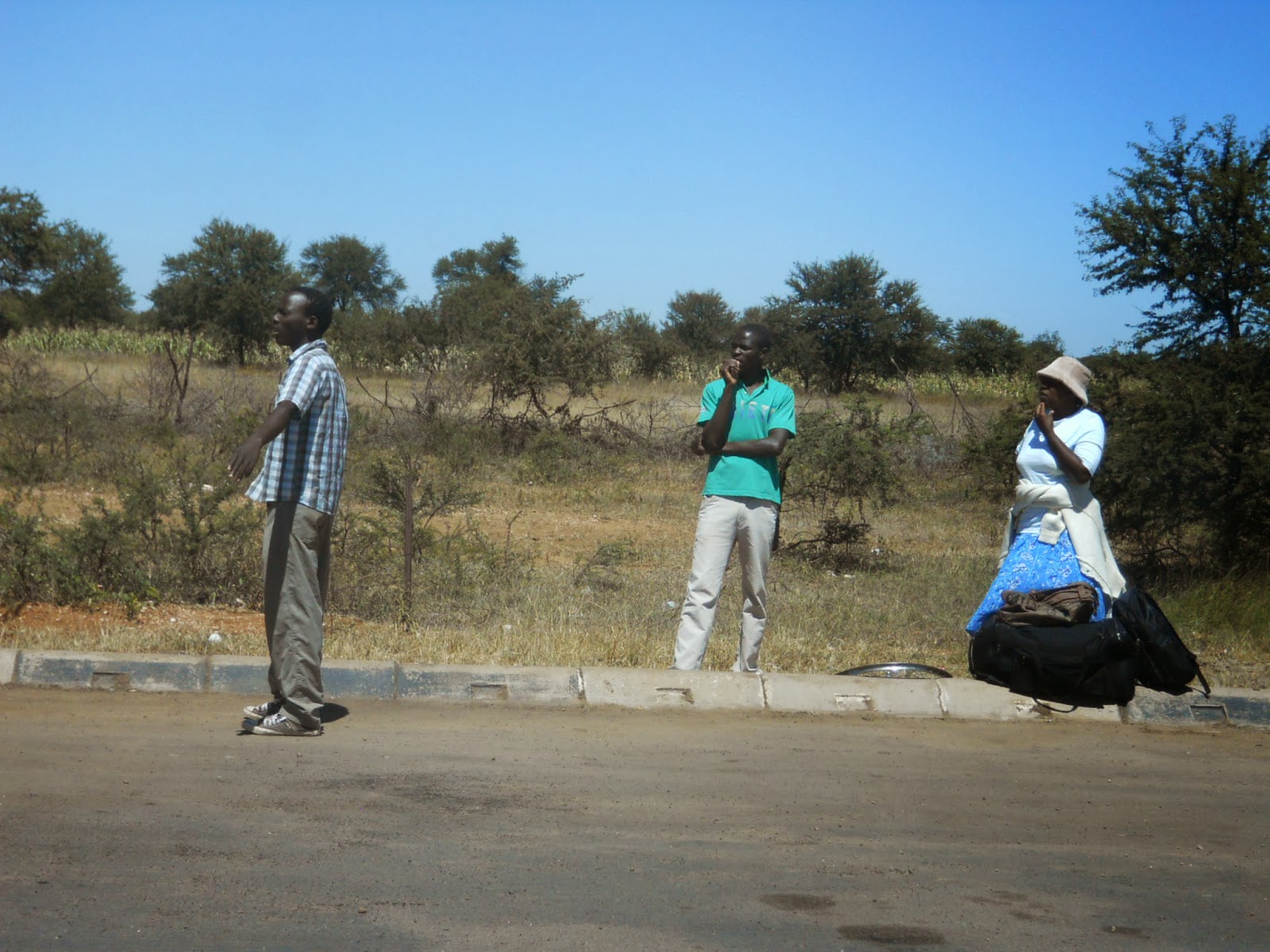Some random facts about the workings of gender within our particular African culture:
-Traditional to Shona custom, a dowry is paid by the groom when a man marries a woman. Unfortunately, this can make for very long and complicated wedding days. Guests stand outside the gates or property and wait while the groom bargains and negotiates with the future father-in-law. (Even when someone is engaged for months, negotiations happen the day-of.) Things can get awkward and tense if negotiations do not go well. These negotiations can last for hours, so by the time the couple is actually married, guests are half-starved and huge celebrations are in order!
-Because a dowry is paid for a bride, there is a common attitude in Shona culture that the husband “owns” the wife, as he paid for her. Therefore, the concept of rape or abuse within marriage is not understood; a man has the ability to treat his wife as he would like. Abuse statistics in this country are shocking.
-If ever you want to see strong women, move to Africa. In traditional Shona culture, the man walks in front of the woman with his arms free to protect her. She, in turn, often carries everything. Items on her head, in her arms -and almost always- a baby on her back. Quite the amusing opposite of the well-intended chauvinism I often found when living in the Bronx- a place where every man offered to carry things for me, heavy or not!
-This
is my personal estimate, but I would say about 90% of all Shona women in the country
wear skirts. Though pants are acceptable and also accessible, the fashion
preference is clear.
-Bikes
are extremely popular among Shona as an attainable mode of transportation. Used bikes go for approximately $400 a piece
here, and new bikes are approximately $1,000.
The interesting thing is that although there are bikes everywhere, I
have never yet seen even one ridden by a woman.
It is just not done.
-It
is illegal to be gay in our country.
-It
is very common to see two grown men holding hands while walking down the
street. Hand holding does not indicate
romantic involvement in the same way it does in many Westernized countries.
-According to our Shona housekeeper, it is traditional that a Shona woman does not look her father-in-law in the eye or make conversation with him. This is a sign of respect.
-Men eat separately from women and are served by women. It is considered by manners to leave your plate/dinner place before the older men have done so.
-We
have been blessed to celebrate a few baby's births during our time in
Africa. Shona men are traditionally not
allowed at a birth. Often the baby is
born at the hospital or clinic, then the husband is called to come pick up the
wife and baby immediately or one day after. Non-gender side note: The hospital does not provide food or water for inpatients; they must have people bring those things to them if they want to eat or drink while in the hospital.
-Traditionally, when a first-time Shona mother who has
just given birth comes home, her mother stays with her for over a month. No travel is allowed for a new mother for
one month once she arrives home from giving birth.




